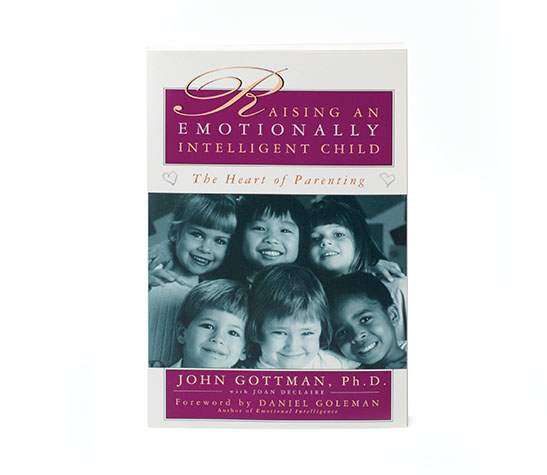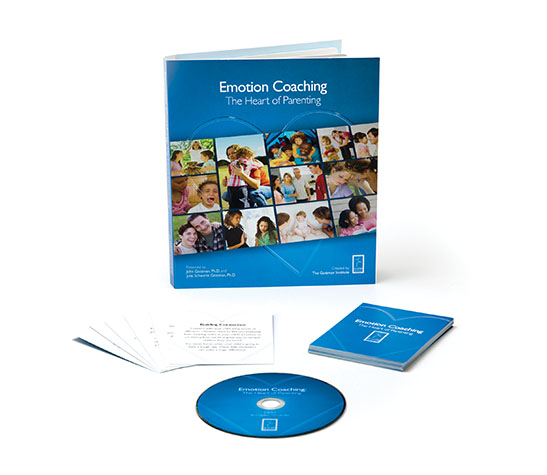Children, just like adults, benefit greatly from consistent and deliberate self-care activities. Even if they are not currently stressed or upset, teaching kids to regularly take care of themselves will help ensure that they have the skills to manage future stressors in healthy and effective ways. Doing self-care activities together not only helps your child to cultivate good habits, it also helps your mind and body operate at its best—exactly the foundation you need to be the best parent and partner you can be!
When taking part in self-care activities with your kids, they do not need to be expensive, time-consuming, or elaborate, but they do work best when practiced frequently and consistently. At first, it may feel like a chore and require a lot of conscious effort for your kids (and maybe even for you), but over time self-care becomes a habit like brushing your teeth.
And while self-care can sometimes mean indulging in a favorite food or some other type of reward (you should go out for ice cream with your kids from time to time), it’s not really about treating yourself. In fact, the best self-care activities tend to have long-term positive impacts rather than an immediate sense of reward. While eating a fudge sundae feels pleasurable at the moment, that pleasure tends to be fleeting.
Instead, by engaging in activities that are aimed at taking care of yourself on a more comprehensive level, you support your kids’ long-term well-being by making healthy and meaningful choices that encourage growth, connection, expression, and stability.
Take care of your body
One of the most important aspects of self-care is taking care of your physical health. And when it comes to teaching kids to maintain physical health, there are a lot of ways to encourage good habits. You can exercise together in a lot of different, fun ways, like shooting some hoops at the park or playing catch in the backyard. You can also practice physical activities that help to de-stress, like deep breathing, meditation, going for a long walk, or doing stretches or yoga together.
The important thing isn’t necessarily to get into great shape or to take on big athletic challenges, but to build a regular routine of physical self-care that maintains good health and balance. And if your kids want to take part in athletics or team sports, you can do it together by volunteering as a coach, or you can simply go to their games and cheer for them.
Have some fun together
Sometimes we just need to be distracted from the stressors of daily life, and research suggests that laughter can help to lower stress levels. Play a funny game like Mad Libs, bake some cookies together, tackle a difficult puzzle, draw with sidewalk chalk, watch a comedy, or build a couch fort and have a pillow fight.
And when you have fun together, make sure to be fully present by focusing on the activity and the experience you’re sharing with your child. Having fun and laughing together is a great way to connect, and it also helps you to discover what kind of activities your child really enjoys and will help them take care of themselves later in life.
Enjoy the great outdoors
Getting outside with your kids not only provides sunlight and fresh air, but it also shows them how, when you might be stressed and in need of some self-care, a change of environment can be calming and help you find a sense of balance. Go to the park, take a day hike, or complete homework together in the backyard. Take a few moments to lay in the grass and look up at the clouds and ask your kids what they see.
And if you want to get more adventurous, go camping and build a fire together, or go on a road trip to somewhere you can spend time with nature. Experiences like that are great ways for parents and kids to connect, and studies even suggest that taking your kids on vacations provides families with meaningful experiences that help to create long-term happiness and connection.
Help others or volunteer in your community
Research studies have found that altruistic emotions and behaviors are associated with greater well-being, health, and longevity. Basically, it feels good to do good, and it provides long-term health benefits! Plus, teaching your kids the value of kindness is an important life lesson. Try volunteering at a local charity, ask your kids to pick old clothes of theirs to donate, or help at a homeless shelter. Ask your kids how it makes them feel to spend their time and energy helping others.
You can also teach your kids the importance of gratitude. Research also suggests that gratitude is linked to happiness and well-being, and you can tell your children how important it is to be thankful for what they have and for the good people their lives. Try writing thank you cards to family friends and relatives together, or teach your kids to find opportunities to express gratitude to their friends and teachers at school.
Decide what works for you and your kids
Once in a while, sit down with your kids and brainstorm everyday activities that encourage self-care. You can always do trial-and-error, too; if you like going for a run in the park but your kids would rather ride their bikes, you can do both. If you do something together that they don’t enjoy, then try something else. It could be a game night on Fridays, family hikes on Saturday mornings, or cooking together on Sundays—what matters is that it’s consistent and involves quality time together!
We all need to learn how to take care of ourselves, and performing self-care activities with your children is an excellent way to do what you need for yourself and to model healthy lifestyle choices for your children. Plus, it provides opportunities to build rituals of connection and create a system of shared meaning that helps to keep your family bonded together.
If you want to build a deeply meaningful relationship full of trust and intimacy, then subscribe below to receive our blog posts directly to your inbox:









